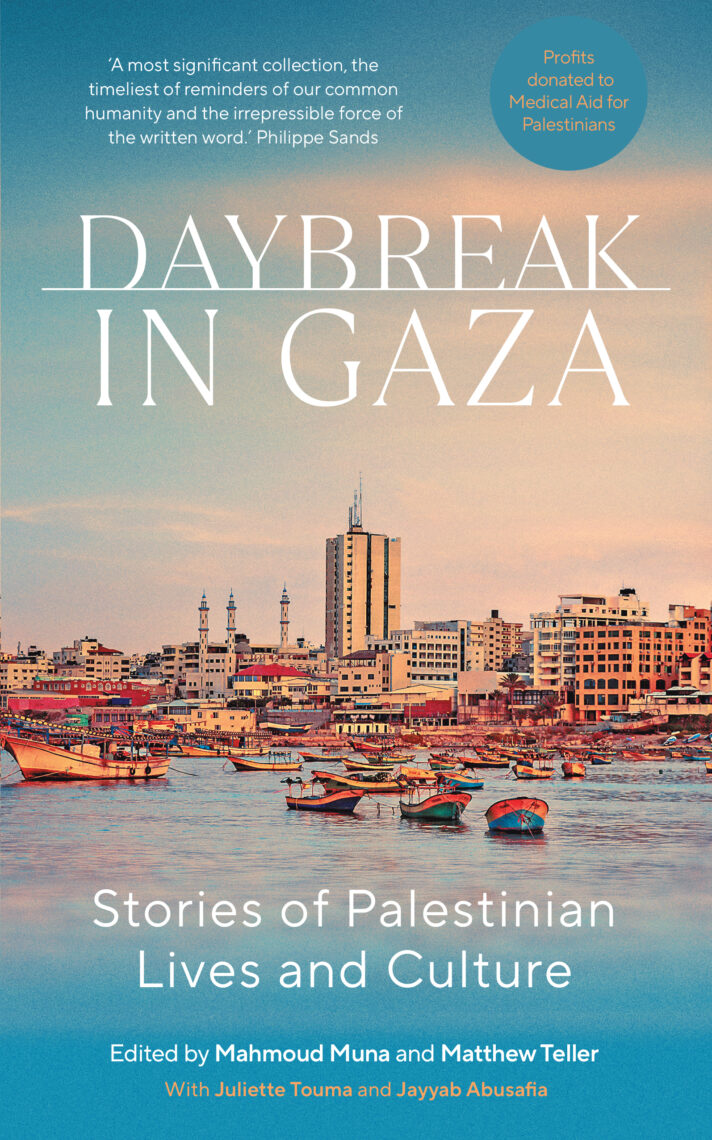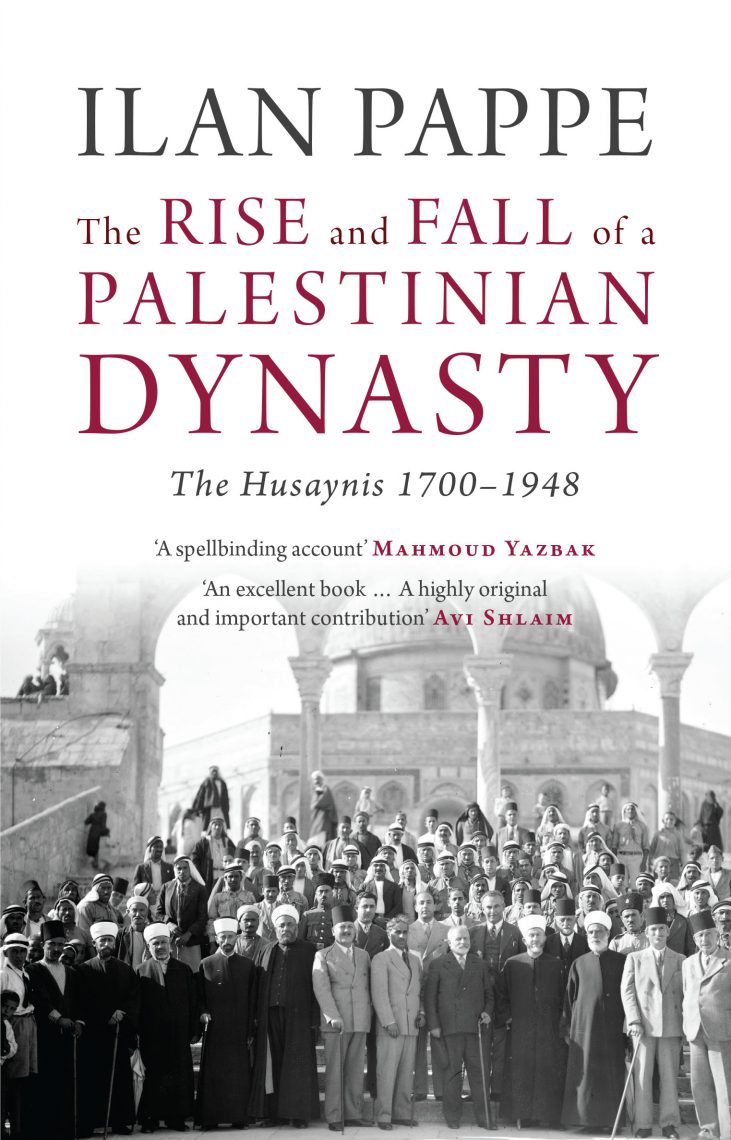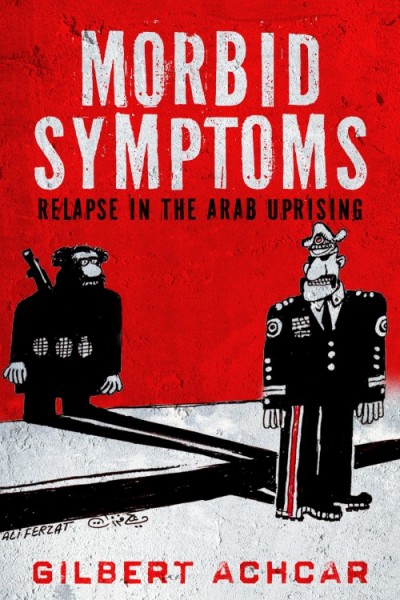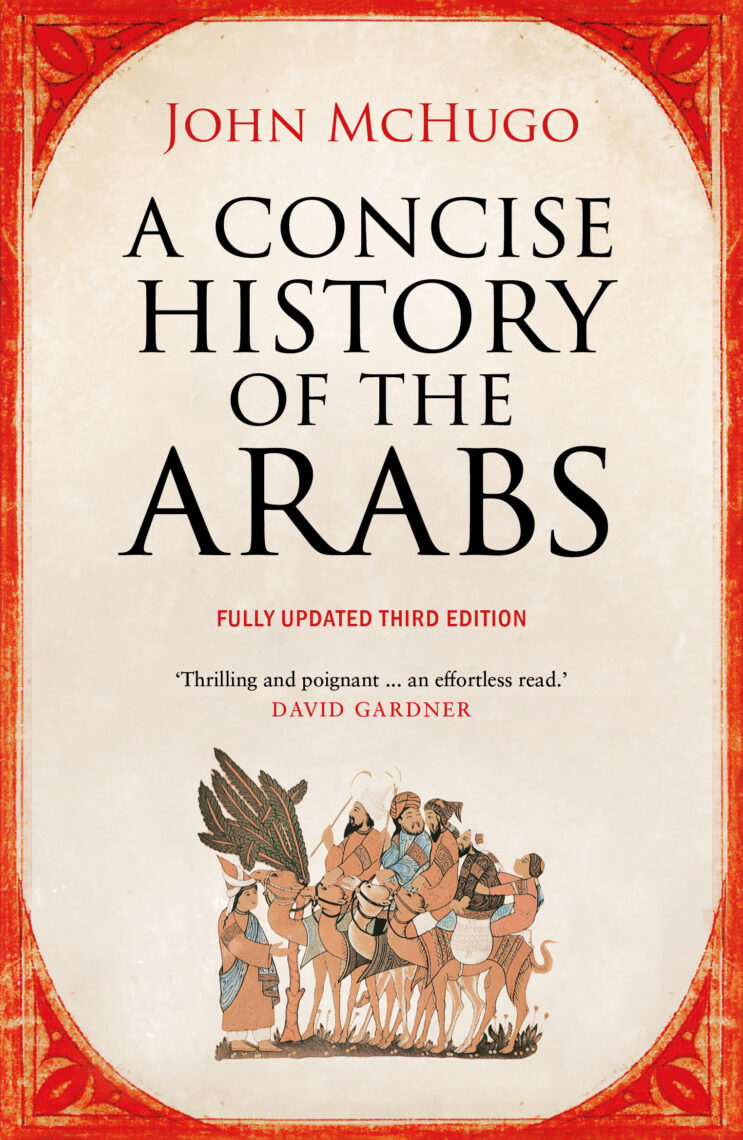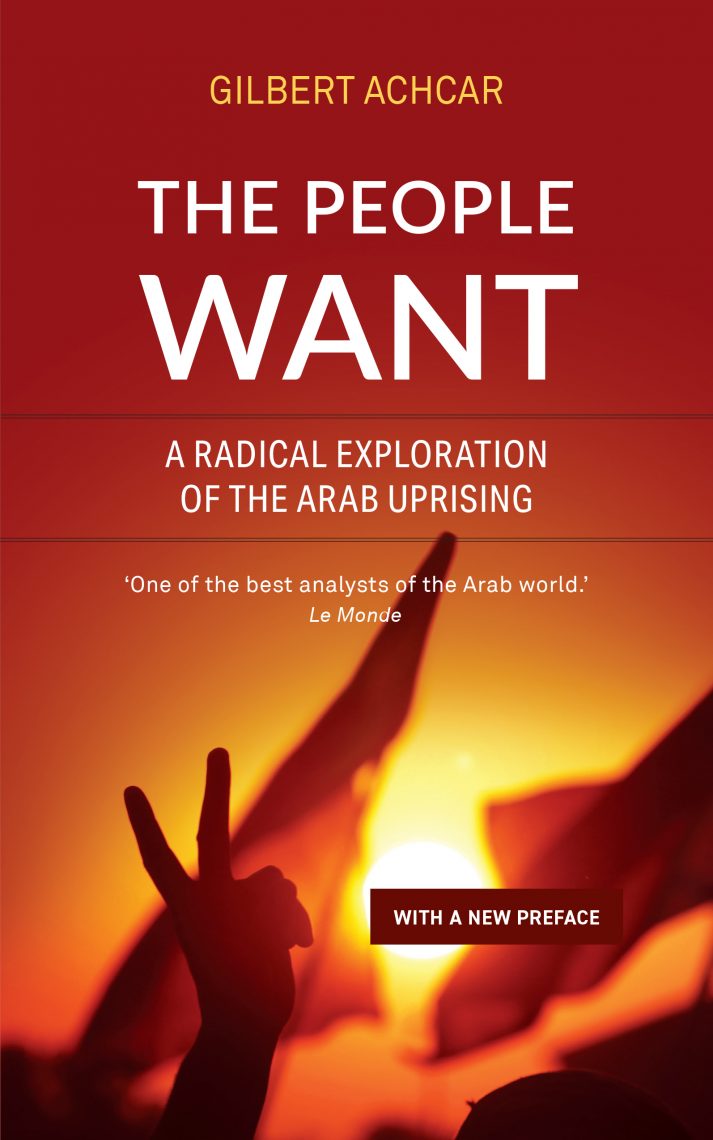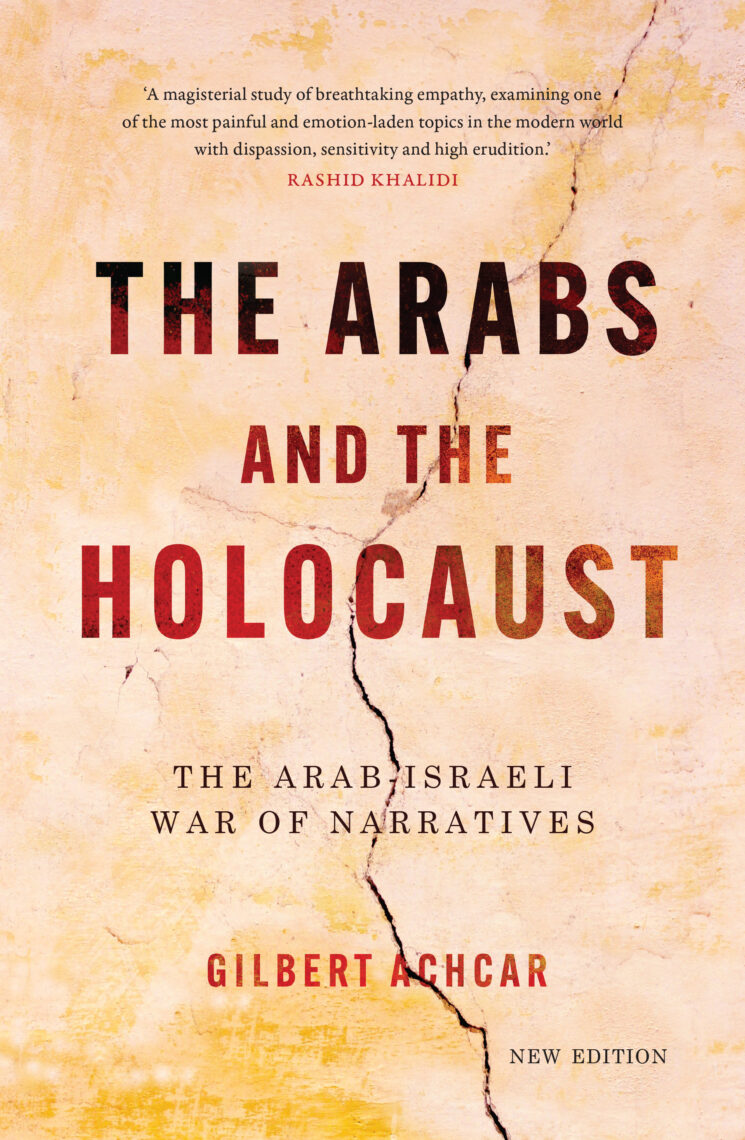
The Arabs and the Holocaust
The Arab–Israeli War of Narratives, New Edition
Gilbert Achcar
Translated by G. M Goshgarian
About the Book
The Arab–Israeli conflict goes far beyond the wars waged on Middle East battlefields. There is also a war of narratives revolving around the two defining traumas of the conflict: the Holocaust and the Nakba. One side is charged with Holocaust denial, the other with exploiting a tragedy while denying the tragedies of others.
In this path-breaking book, political scientist Gilbert Achcar explores these conflicting narratives and considers their role in today’s Middle East dispute. He analyzes the various Arab responses to the Holocaust, from the earliest intimations of the genocide, through the creation of Israel and the occupation of Palestine, and up to our own time, critically assessing the political and historical context for these responses.
Achcar offers a unique ideological mapping of the Arab world, in the process defusing an international propaganda war that has become a major stumbling block in the path of Arab–Western understanding.
About the Author
Gilbert Achcar is Professor of Development Studies and International Relations at the School of Oriental and African Studies, University of London. He has written extensively on politics and development economics, as well as social change and social theory. His publications include The Clash of Barbarisms: September 11 and the Making of the New World Disorder, published in fifteen languages; Perilous Power: The Middle East and US Foreign Policy, with Noam Chomsky; The People Want: A Radical Exploration of the Arab Uprising; and Morbid Symptoms: Relapse in the Arab Uprisings; and The New Cold War: The United States, Russia and China, from Kosovo to Ukraine.
Reviews
‘A magisterial study of breath-taking empathy, examining one of the most painful and emotion-laden topics in the modern world with dispassion, sensitivity and high erudition’ Rashid Khalidi, Edward Said Professor of Modern Arab Studies, Columbia University
‘An erudite, perceptive, and highly original study’ Avi Shlaim
'A volume of tremendous historical importance’ Robert Fisk, Independent on Sunday
‘A fascinating, subtle and original analysis of Israeli and Arab historical narratives’ Simon Sebag Montefiore, BBC History Magazine
‘This exhaustive survey of Arabic sources is particularly important in correcting the many distortions circulated by polemicists seeking to paint Arabs and Muslims as anti-Semites.’ Eugene Rogan, Times Literary Supplement
‘A refreshing and original study, showing clearly that Muslim anti-Semitism is neither universal, nor inevitable, nor subject to pat explanations.’ The Economist
